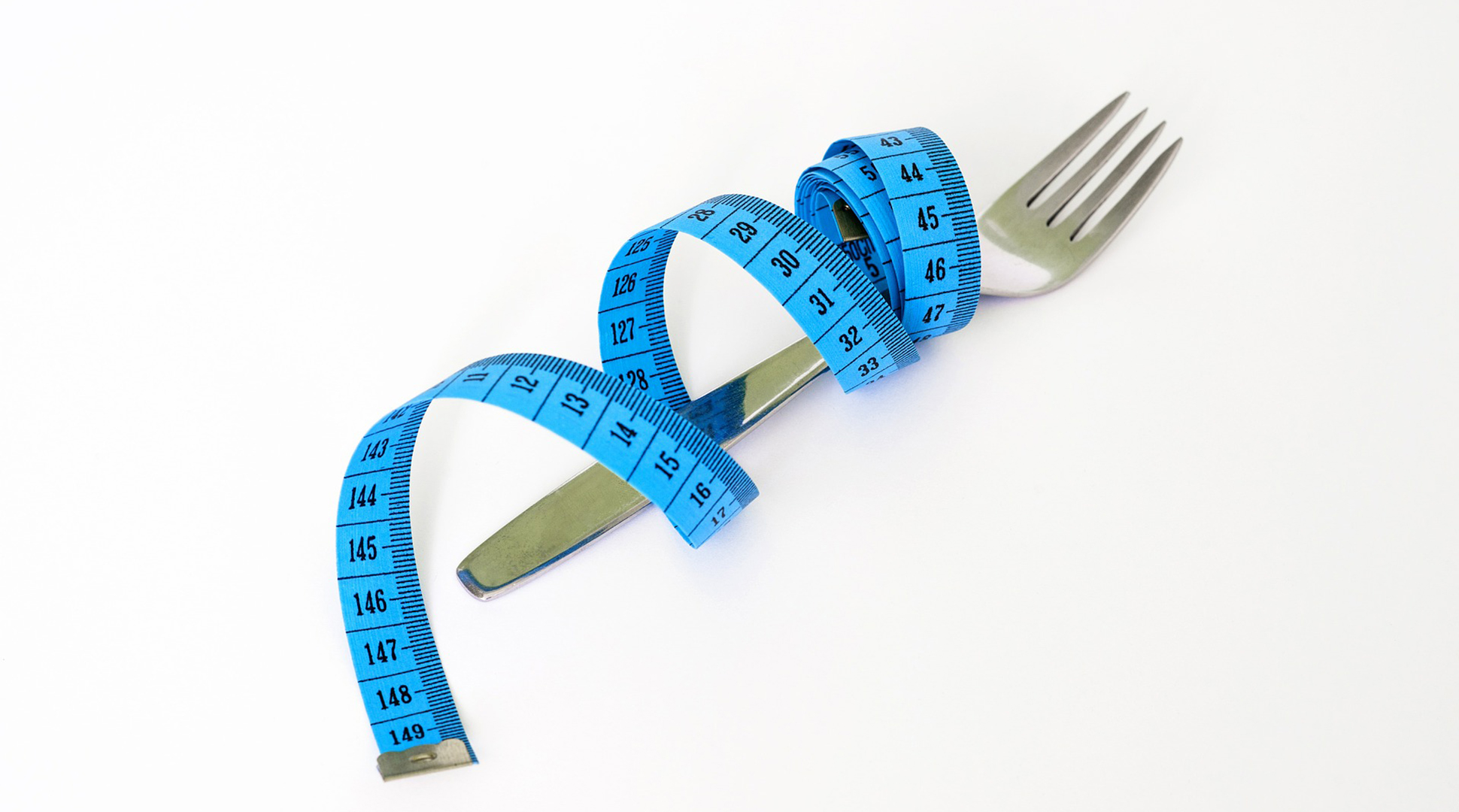Photo courtesy mojzagrebinfo on Pixabay
By Julie Garden-Robinson, Food and Nutrition Specialist, NDSU Extension
Most of us have known someone who has been on a weight-loss diet, and perhaps the person lost a considerable amount of weight.
Maybe you are pondering weight loss as a goal in the coming weeks or months. We hear weight-loss promotions all around us, especially as we begin a new year. In fact, the weight loss industry is worth more than $66 billion annually in the U.S.
You may have seen late-night infomercials promoting exercise gadgets or supplements that promise quick fixes. These miracle potions and devices can be tempting.
Who doesn't want to press the "easy button" on challenging issues, at least once in a while?
As we know, excess weight can increase the risk for many diseases, including diabetes, heart disease and cancer. Carrying extra weight can promote joint issues leading to mobility problems.
Losing even 5 to 10 percent of body weight (if overweight) can reduce the risk of diabetes and other chronic diseases.
More than 20 years ago, the National Weight Control Registry was launched in the U.S. The participants continue to track their outcomes long-term, and many research papers have been written about their progress through time.
Most (98 percent) modified their food intake to lose weight, and most (94 percent) increased their physical activity. The most common physical activity was walking.
About 45 percent lost weight on their own, and the rest had help from some type of weight-loss program. In all, they had some important things in common. They ate breakfast every day (78 percent), and they exercised an hour per day (90 percent). About 62 percent watched fewer than 10 hours of TV weekly.
Instead of a "diet," consider some general tips that promote behavior changes:
- Keep a food diary to see what you are eating and when you eat. You can rate your level of hunger during eating and snacking in your journal, too.
- Eat a balanced breakfast that includes at least three of the five food groups.
- Keep high-fiber, low-sugar snacks, such as fresh vegetables and fruits, on hand.
- Consider your drink choices. Drink water instead of sweetened beverages when you are thirsty.
- Get enough sleep. Aim for seven to eight hours of sleep per night.
- Serve yourself smaller serving sizes or take home part of restaurant meals.
- Avoid eating in front of the TV.
- Get moving. To lose weight, experts recommend 300 minutes of moderate activity per week (60 minutes on five or more days of the week). Walking at a pace of 4 miles per hour can help promote weight loss.
- Set a goal and track your progress.
See https://www.choosemyplate.gov for tips such as these:
* Vary your veggies. Aim for at least 3 cups of vegetables daily.
* Focus on whole fruits instead of fruit juices. Aim for at least 2 cups of fruit, especially whole fruit, daily.
* Make half of your grain choices whole grains. Try whole-wheat bread and pasta, oatmeal and brown rice.
* Switch to low-fat or fat-free dairy.
* Vary your protein routine. Choose lean proteins of all types.
We have resources and links to help men and women maintain their health. Check out our newest website (https://www.ag.ndsu.edu/healthwiseforwomen), which launches a statewide initiative to promote women's health. See https://www.ag.ndsu.edu/healthwiseforguys for information on men's health.
Julie Garden-Robinson, Ph.D., R.D., L.R.D., is a North Dakota State University Extension food and nutrition specialist and professor in the Department of Health, Nutrition and Exercise Sciences.
